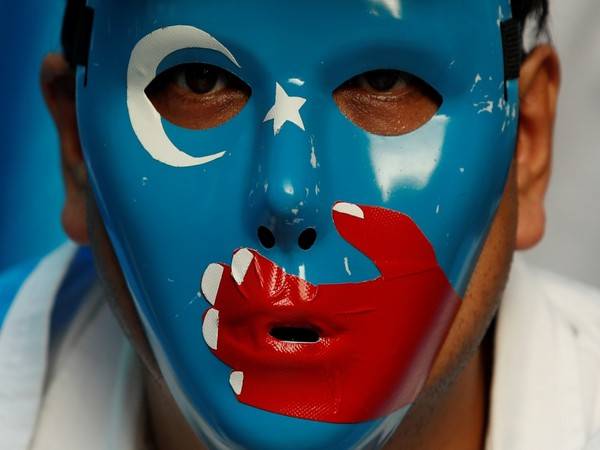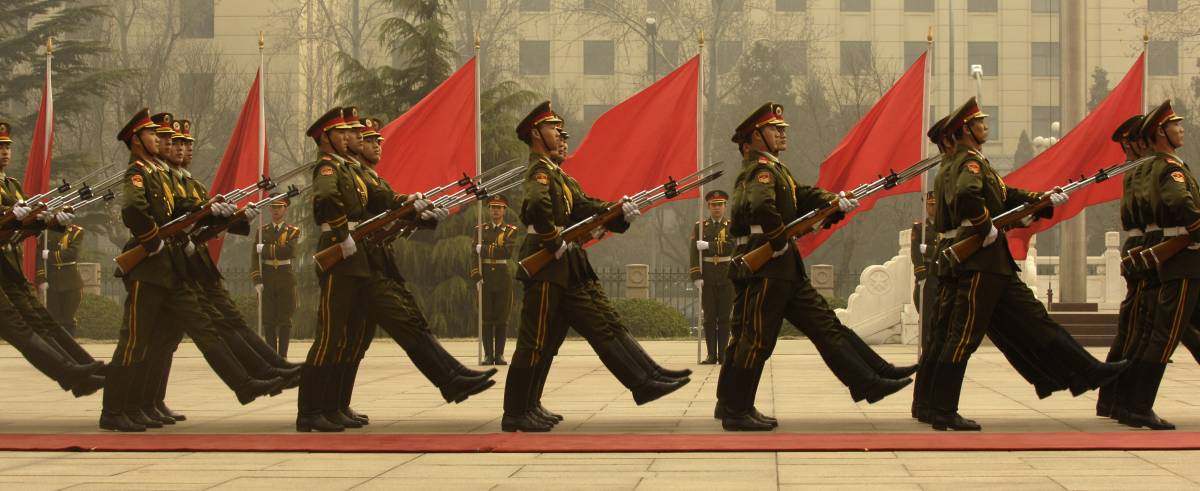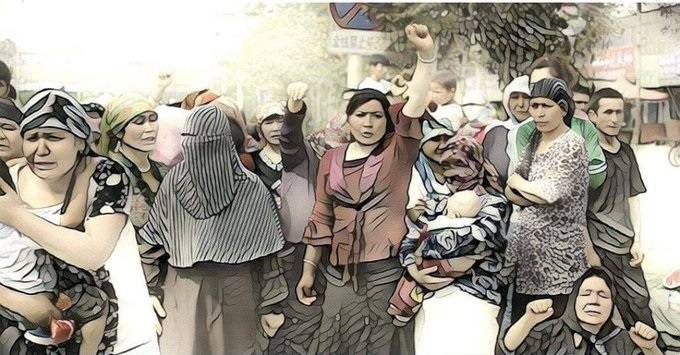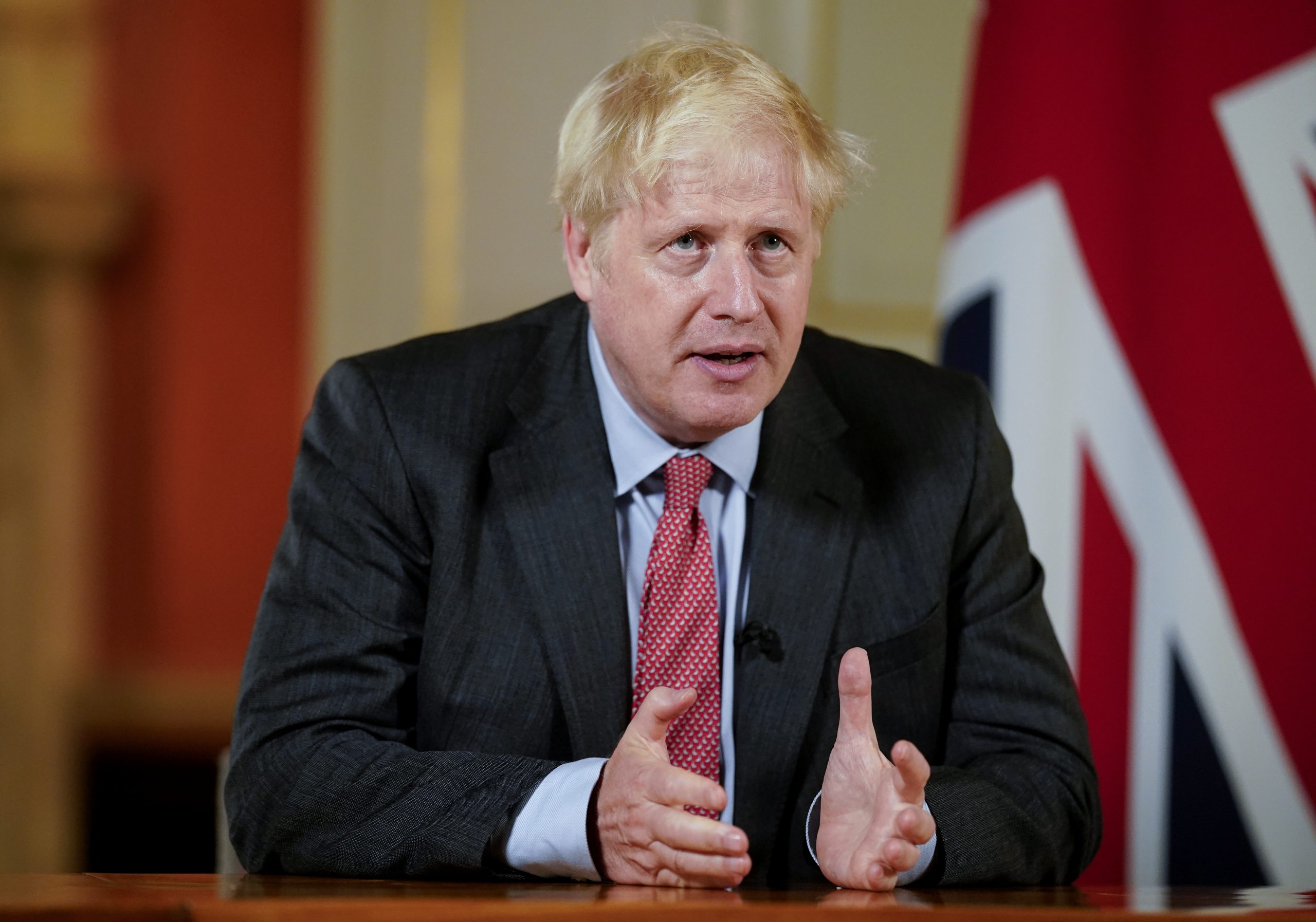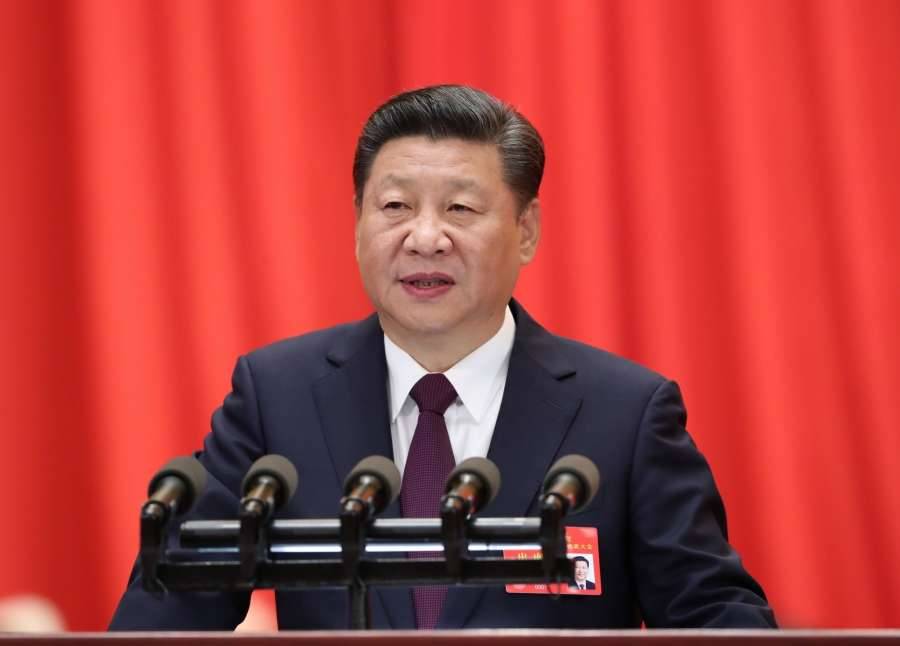
UK TO BAN XINJIANG PRODUCTS
British ministers are preparing to ban the government from buying health goods made in China’s Xinjiang region, amid mounting pressure from Conservative MPs over Beijing’s treatment of the Uyghur people The British



